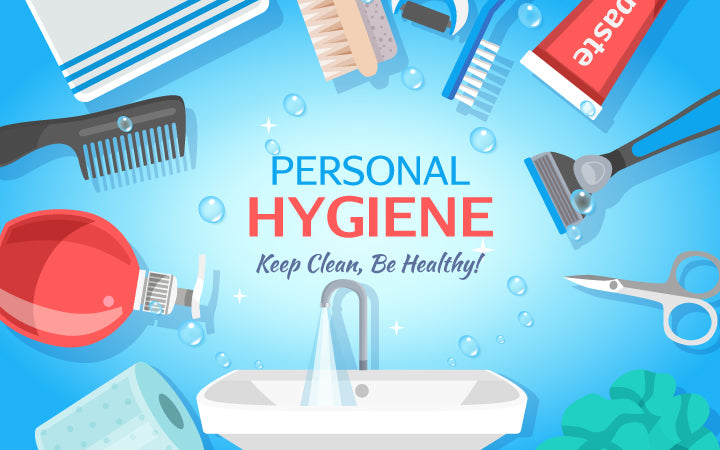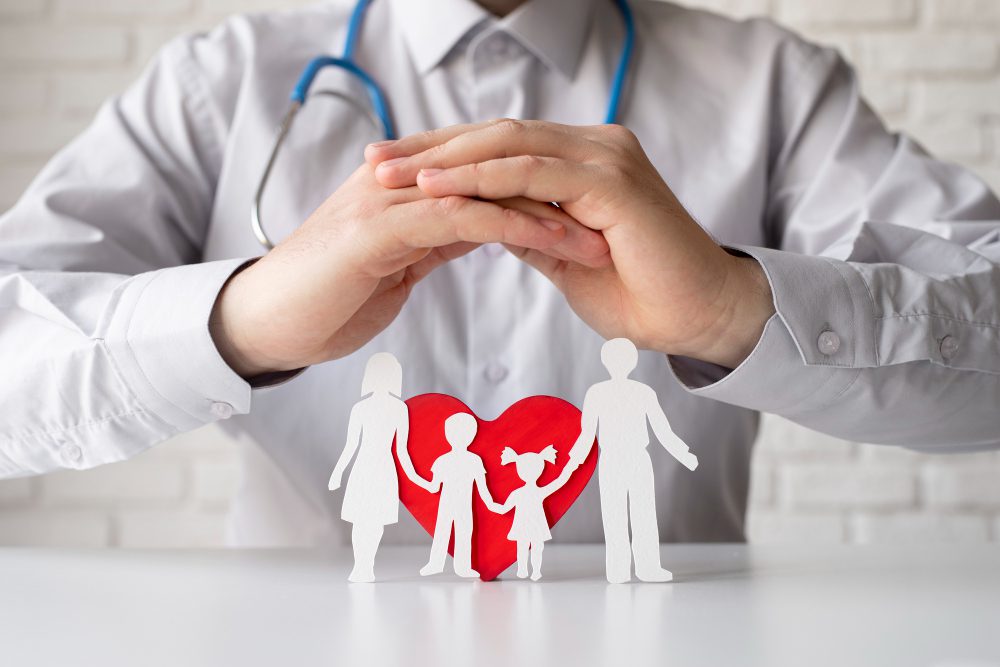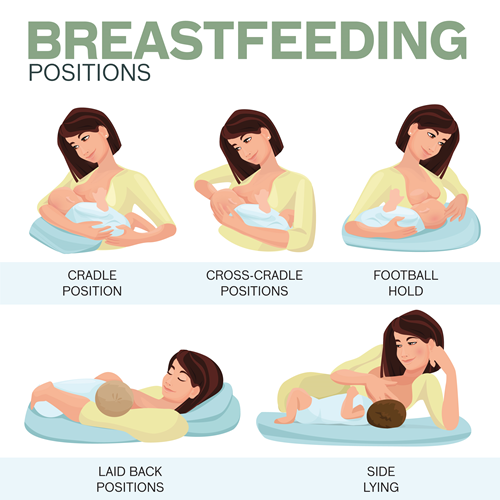Personal hygiene is more than just looking clean—it’s about protecting your body from disease, promoting mental well-being, and respecting those around you. Whether you're at home, in school, at work, or in a healthcare setting, maintaining proper hygiene is essential for your overall health.
This article covers the importance of personal hygiene, key hygiene practices, and tips for children, adolescents, and adults.
🩺 Why Personal Hygiene Matters
Good personal hygiene:
-
Prevents infections and diseases (like diarrhea, flu, skin infections, and parasitic diseases)
-
Promotes mental well-being and self-esteem
-
Prevents bad odors and social discomfort
-
Helps control the spread of contagious illnesses in communities
Poor hygiene can lead to body odor, cavities, skin diseases, fungal infections, and more serious illnesses like foodborne or waterborne diseases.
🛁 Key Areas of Personal Hygiene
🧴 1. Hand Hygiene
-
Wash hands with soap and clean water:
-
Before eating or handling food
-
After using the toilet
-
After sneezing, coughing, or touching waste
-
After caring for a sick person
-
Tip: Use hand sanitizer when soap and water aren't available.
🦷 2. Oral Hygiene
-
Brush teeth at least twice a day
-
Use fluoride toothpaste
-
Replace toothbrush every 3–4 months
-
Floss and rinse your mouth regularly
Why it matters: Prevents tooth decay, gum disease, bad breath, and infections.
🚿 3. Bathing and Skin Care
-
Bathe or shower daily with soap
-
Clean armpits, groin, and feet thoroughly
-
Change and wash clothes, especially undergarments, daily
Tip: Use clean towels and avoid sharing personal items.
🧼 4. Hair and Nail Care
-
Wash hair regularly and keep scalp clean
-
Comb hair daily to prevent lice
-
Trim fingernails and toenails weekly to avoid dirt buildup and infections
🧻 5. Toilet Hygiene
-
Always flush the toilet and clean the seat
-
Wash hands thoroughly after using the toilet
-
Sanitize the area if needed
👃 6. Menstrual Hygiene
-
Change sanitary pads, tampons, or cloths every 4–6 hours
-
Dispose of them properly
-
Wash hands before and after changing
-
Wear clean, breathable underwear
👶 Hygiene Tips by Age Group
🧒 Children
-
Teach handwashing and tooth brushing early
-
Supervise hygiene until habits are consistent
-
Provide clean clothing and trimmed nails
🧑 Adolescents
-
Encourage daily bathing and use of deodorant
-
Educate on menstrual hygiene and body changes
-
Talk openly about acne care and personal grooming
👩 Adults and Elderly
-
Maintain daily hygiene routines even in busy schedules
-
Support the elderly with personal care if mobility is limited
-
Address incontinence and other hygiene challenges respectfully
🦠 Hygiene and Disease Prevention
Maintaining good hygiene helps prevent:
-
Diarrheal diseases
-
Respiratory infections
-
Skin rashes and fungal infections
-
Eye infections
-
Intestinal worms
-
COVID-19 and other viral illnesses
Especially in group settings (schools, hospitals, daycare), hygiene becomes a public health priority.
👕 Personal Hygiene and Confidence
Cleanliness affects how we feel about ourselves. It promotes:
-
Confidence
-
Social acceptance
-
Productivity and better concentration
People who maintain hygiene are more likely to interact positively with others and feel better mentally.
✅ Final Reminders
-
Hygiene is everyone’s responsibility
-
Teach and model good habits early
-
Consistency is key—hygiene is a daily practice
-
Hygiene is not only personal—it protects your family, community, and public health
“Clean body, clear mind, healthy life.”





Comments (0)
Leave a Comment
No comments yet. Be the first to share your thoughts!